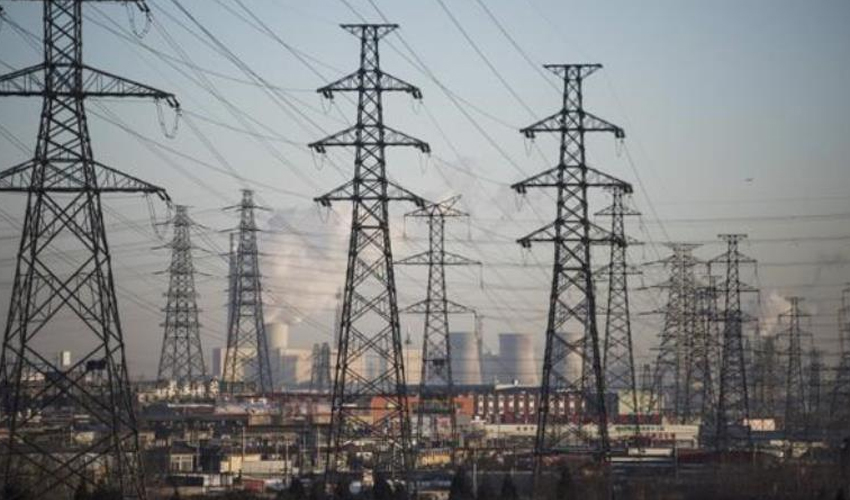Extreme weather is affecting South Asia; in western India, a suspected heat stroke has claimed at least nine lives. In addition, a cyclone is predicted to strike sections of Bangladesh and its neighbouring nations in the coming days, according to Reuters.
A group of international scientists concluded that human-caused climate change was most likely the cause of the extreme temperatures that occurred over Asia last month.
India typically experiences its highest summer temperatures in May, but this year, more burning days are expected than usual, primarily due to fewer non-monsoon thunderstorms and an active but waning dry El Nino weather phenomena.
Local media said that at least nine deaths in Rajasthan, in western India, were likely caused by individuals becoming sick in the intense heat.
Since the medical examinations were not finished, the state's disaster management officials told Reuters they were still unable to determine the cause.
The announcement follows the high temperature of 48.8 Celsius (119.84 Fahrenheit) recorded on Thursday in the Rajasthani city of Barmer, which topped the temperature charts this week.
In numerous areas of the state, as well as in the northern states of Punjab and Haryana, weather officials have issued warnings of conditions ranging from a heatwave to a severe heatwave.
In the plains, a high temperature of 40 degrees Celsius (104 degrees Fahrenheit) and a deviation of at least 4.5 degrees (40.1 degrees Fahrenheit) from the typical maximum temperature are the criteria for a heatwave, according to Indian weather officials.
According to the Climate Change Ministry, as of Thursday, approximately 26 districts in neighbouring Pakistan were experiencing extreme heatwave conditions. The current heatwave is expected to persist till May 30.
At least two cities in the southern province of Sindh are predicted to experience temperatures as high as 50 degrees Celsius (122 degrees Fahrenheit) on Friday. The intense heat has already caused the week's annual school exams to be postponed.
Bangladesh’s Cyclone:
On the other hand, "severe cyclonic storm" Remal is anticipated by IMD to reach landfall on Sunday, potentially affecting Bangladesh and portions of West Bengal in eastern India.
At least seven deaths were reported in Kerala, southern India, this week as a result of pre-monsoon rains that were roughly 18% greater than usual. The flooding caused by the rainfall caused flight schedules to be affected in certain areas.
Kerala is expected to see very heavy to extremely heavy rain on Friday as well, according to the weather department's red alert notice.



























